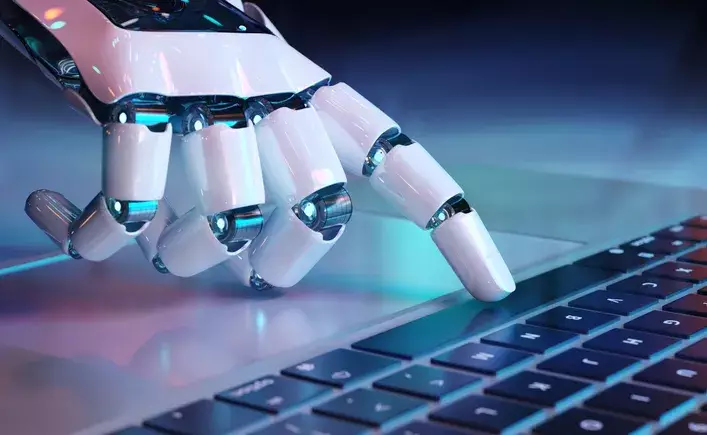In an age where artificial intelligence (AI) is rapidly emerging as a significant player in the creative arts, the intersection of technology and copyright law has become a contentious issue. The recent ruling regarding Stephen Thaler, a claimant who sought recognition for AI-generated poetry, has brought to light the limitations of existing copyright frameworks. According to the D.C. Circuit Court of Appeals, Thaler’s case serves as a benchmark showcasing that when it comes to intellectual property rights, an author must be a human being. This ruling reaffirms a vital narrative: creativity still rests firmly within the realm of human authorship, an assertion that has staggering implications for artists and technologists alike.
AI as a Tool versus AI as a Creator
At the heart of the debate is the distinction between using AI as a mere tool versus considering it an originator of content. The Copyright Office has drawn a clear line, stipulating that while works that involve significant human intervention may qualify for copyright protections, purely AI-generated creations do not meet the criteria. This assertion pivots around the notion of “humanness” in authorship; after all, the value of copyright is inherently linked to the idea of human creativity and intention. The question at hand becomes: When is AI just the medium and when is it a collaborator? Understanding this distinction is crucial as it shapes our perceptions of ownership and originality.
The Implications for Creative Professionals
For artists, writers, and creatives who are increasingly leveraging generative AI tools in their processes, the ramifications of this legal ruling are both unsettling and illuminating. The knowledge that 작품 produced through AI generators could be utilized freely by others—without credit or compensation—creates a precarious landscape for emerging artists who may be depending on this technology as part of their artistic arsenal. As AI tools become more sophisticated, they blur the lines of authorship. This raises significant questions: How does one navigate originality in a field where means of creation are shared? If AI has no ownership rights, what does that mean for anyone who interacts with it?
The Inadequate Framework of Current Copyright Laws
One cannot help but wonder whether existing copyright laws are adequate in addressing the nuances and complexities of an AI-driven creative landscape. Judge Patricia Millett’s comments emphasize a crucial point: current legal frameworks may not fully accommodate the rapid advancements of technology. The laws governing copyright seem increasingly dated when placed against the backdrop of accelerated AI capabilities. The crux of the issue lies not only in recognition of rights but also in the broader implications for creative fields that are already under pressure from market forces and changing consumer behaviors.
The Future of Copyright Laws and AI
Stepping into the future, one cannot dismiss the potential need for legislative evolution. There’s a possibility that as AI finds deeper integration in industries—like Hollywood for instance—the increased reliance on AI could bring about a change in the way that copyright is perceived and regulated. The pressure from major businesses who stand to benefit from AI-generated content could instigate a much-needed reassessment of copyright laws. Still, such changes seem distant, as lawmakers often hesitate to amend long-standing structures in response to technological advancements.
Be Wary of Unintended Consequences
Despite the challenges presented by the ruling, it’s essential for creatives to approach AI tools with caution. While these tools offer exciting possibilities for new art forms, they simultaneously threaten the foundations of ownership and credit in creative spaces. Those embarking on projects that involve AI should remain acutely aware that their outputs lack legal protections and could be appropriated without redress. Negotiating this complex landscape calls for both innovation and vigilance, as artists navigate the unpredictable terrain of a world where creativity is shared yet rights remain obscured.
The unfolding story of AI and copyright serves as a compelling reminder that our definitions of art and ownership may need to evolve in tandem with our technological capabilities. The future of creative expression in an AI-dominated landscape remains uncertain but profound, reflecting the urgent necessity for dialogue, adaptation, and perhaps even a reevaluation of what it means to be a creator in the modern age.

